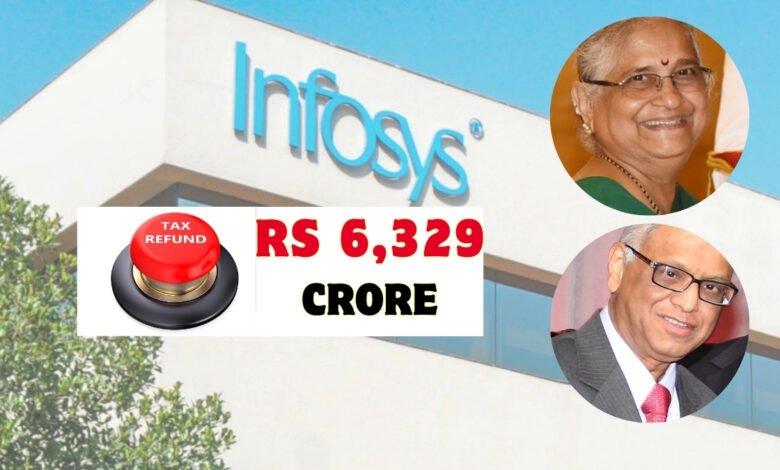Sudha Murty’s Nomination to Rajya Sabha and Infosys’ Tax Refund: A Matter of Public Perception
Navigating the Intersection of Corporate Influence and Political Appointments: Sudha Murty's Nomination and Infosys' Tax Refund Spark Debate.

The recent events surrounding the nomination of Sudha Murty to the Rajya Sabha and the significant tax refund granted to Infosys have sparked debates across the nation. While these occurrences may seem isolated at first glance, the timing and implications raise pertinent questions about the intersection of corporate influence, political appointments, and the integrity of our democratic institutions.
Sudha Murty, a revered author, philanthropist, and former chairperson of the Infosys Foundation, has been nominated to the Upper House of Parliament. Prime Minister Narendra Modi, in his announcement on social media, hailed her nomination as a celebration of ‘Nari Shakti’ or Women Power, especially fitting on International Women’s Day. While Murty’s contributions to various fields are undeniable, her nomination raises eyebrows given her familial connections to Infosys, one of India’s corporate giants.
Simultaneously, Infosys, the country’s second-largest IT services company, has received a windfall gain of Rs 6,329 crore in income tax refunds for multiple assessment years. This substantial refund, coupled with the disclosure of tax demands totaling over Rs 2,700 crore for the current assessment year, has drawn attention to the company’s financial dealings and tax compliance.
The convergence of these events invites scrutiny into the realm of corporate-government relations and the perception of preferential treatment. Sudha Murty’s nomination, coinciding with Infosys’ significant tax refund, raises questions about potential conflicts of interest and corporate influence in political appointments. While there may be no direct evidence of impropriety, the optics of such occurrences undermine public trust in the fairness and transparency of our democratic processes.
Furthermore, the ongoing legal battle between the Income Tax Department and the Indian National Congress adds another layer of complexity to the narrative. The demand for Rs 1,700 crore by the tax authorities, coupled with the Supreme Court’s involvement, highlights broader concerns regarding tax compliance and accountability across political parties.
In a democracy, the perception of integrity and impartiality within institutions is as crucial as their actual functioning. The apparent nexus between corporate interests, political appointments, and tax refunds underscores the need for greater transparency, accountability, and regulatory oversight. While individuals like Sudha Murty undoubtedly bring valuable perspectives to the legislative process, their nominations should be devoid of any suspicion of corporate favoritism.
As citizens, it is imperative to demand accountability from both corporate entities and elected representatives. Transparency in political appointments, robust regulatory mechanisms, and stringent tax enforcement are essential pillars of a healthy democracy. Only through diligent scrutiny and unwavering commitment to democratic principles can we uphold the integrity of our institutions and ensure the equitable representation of all stakeholders in the governance process.






